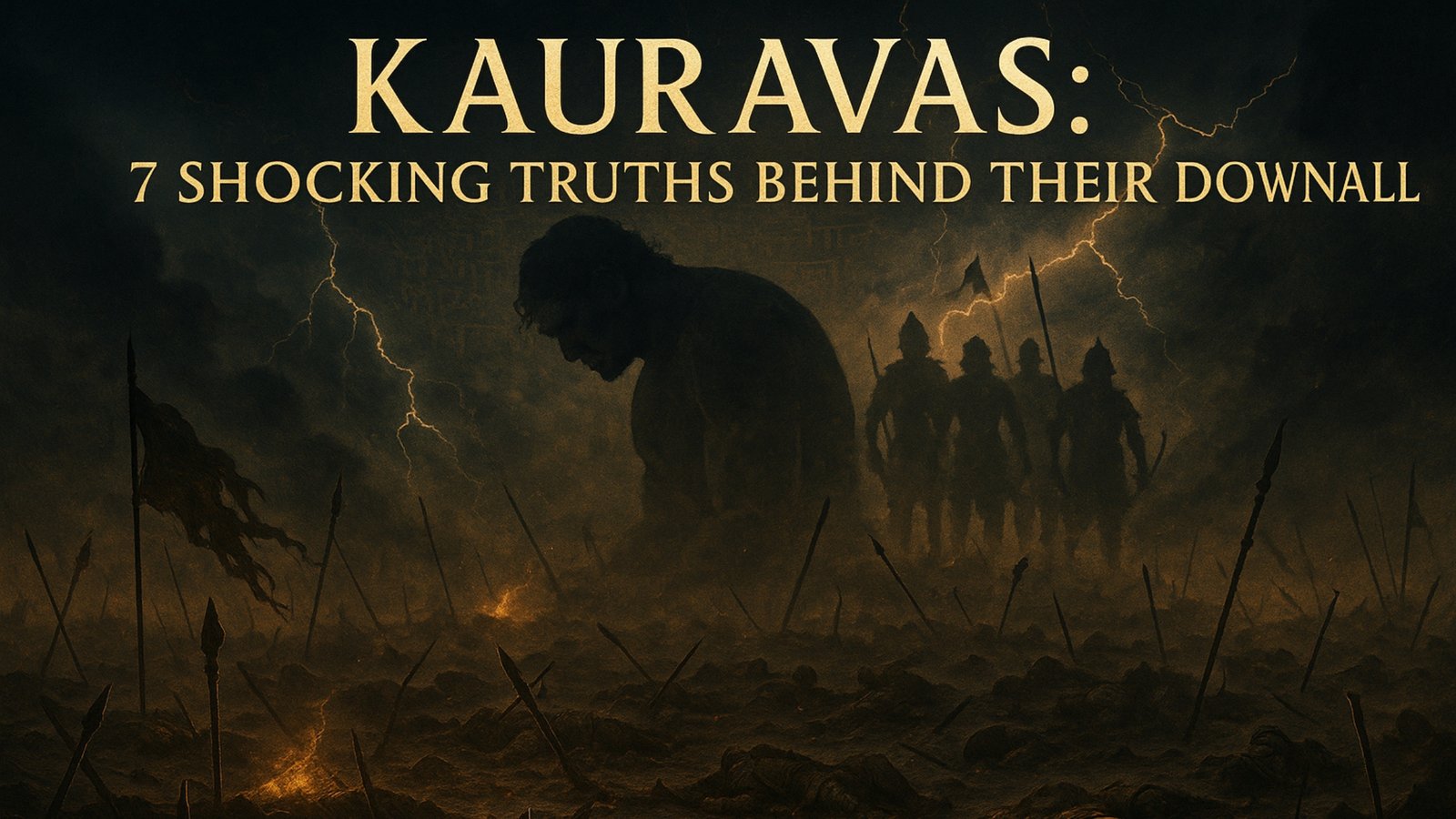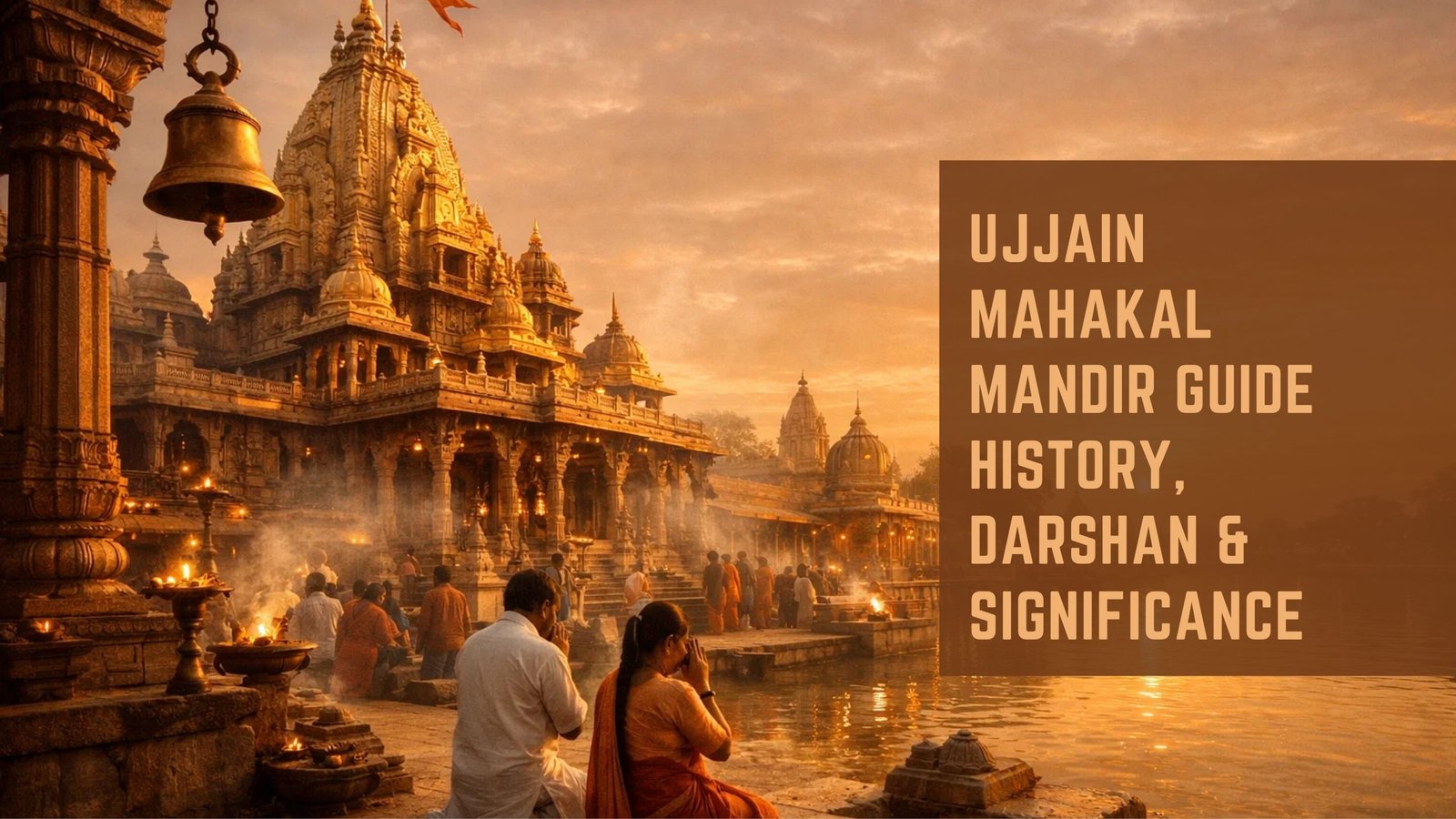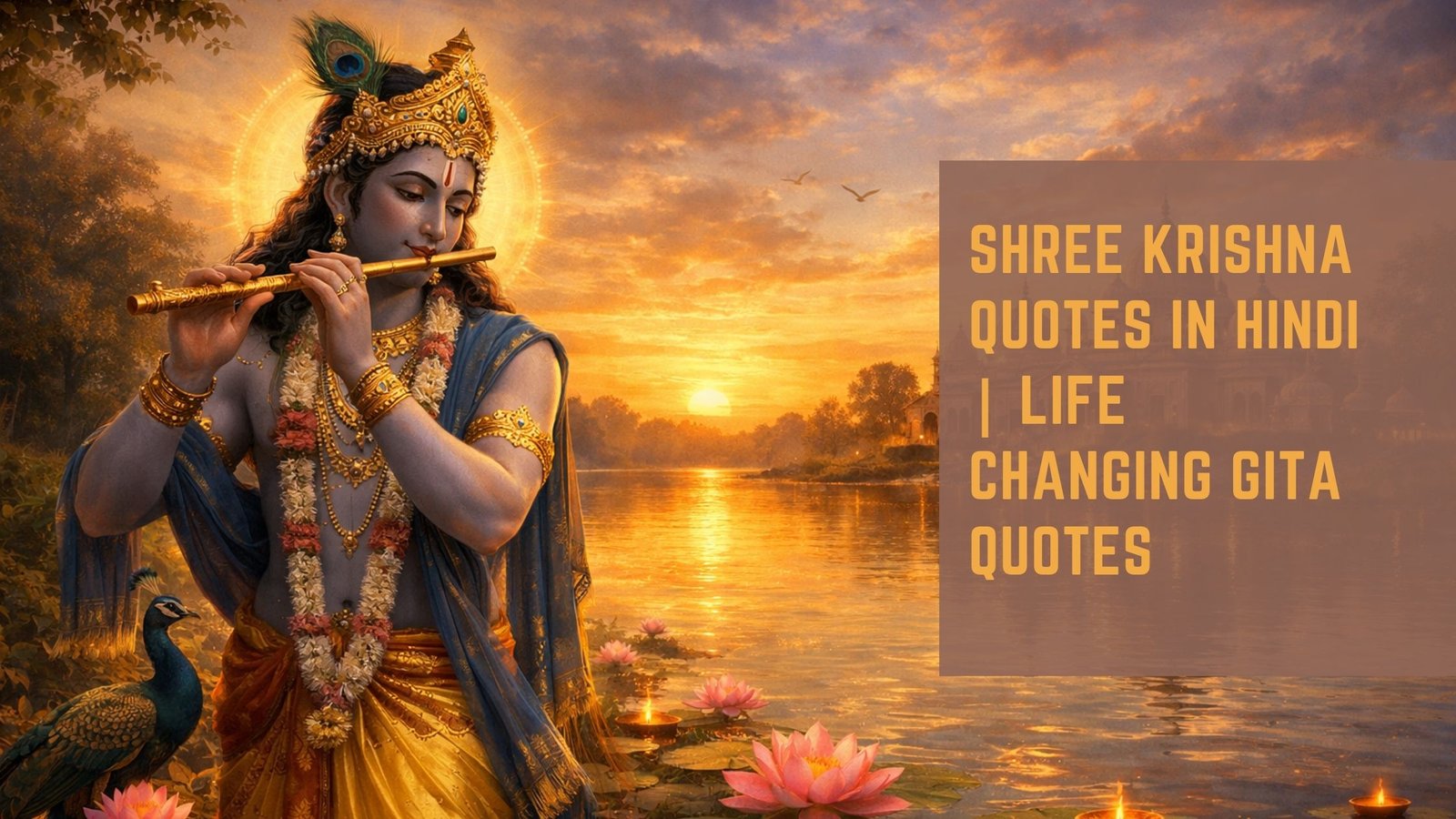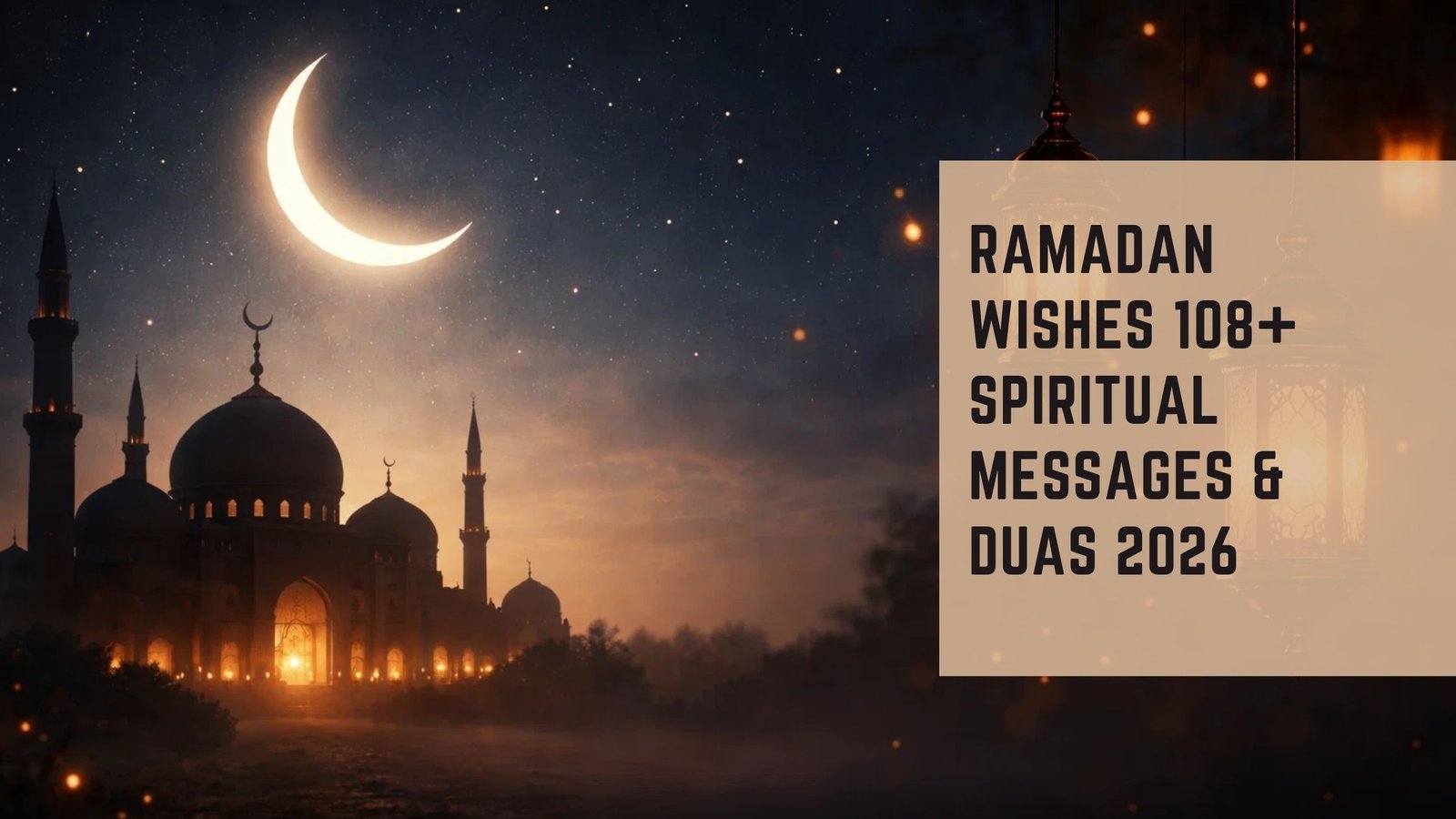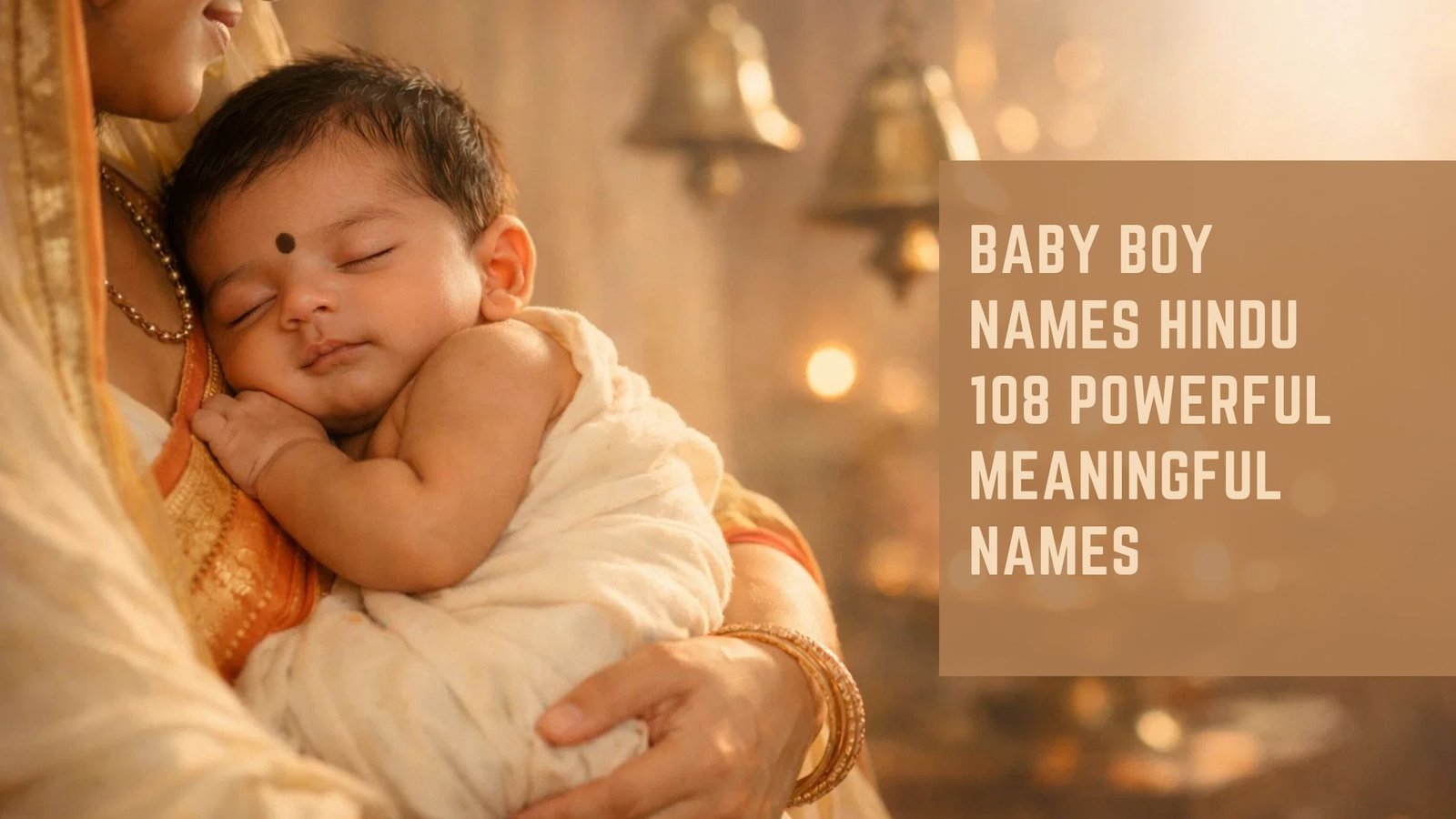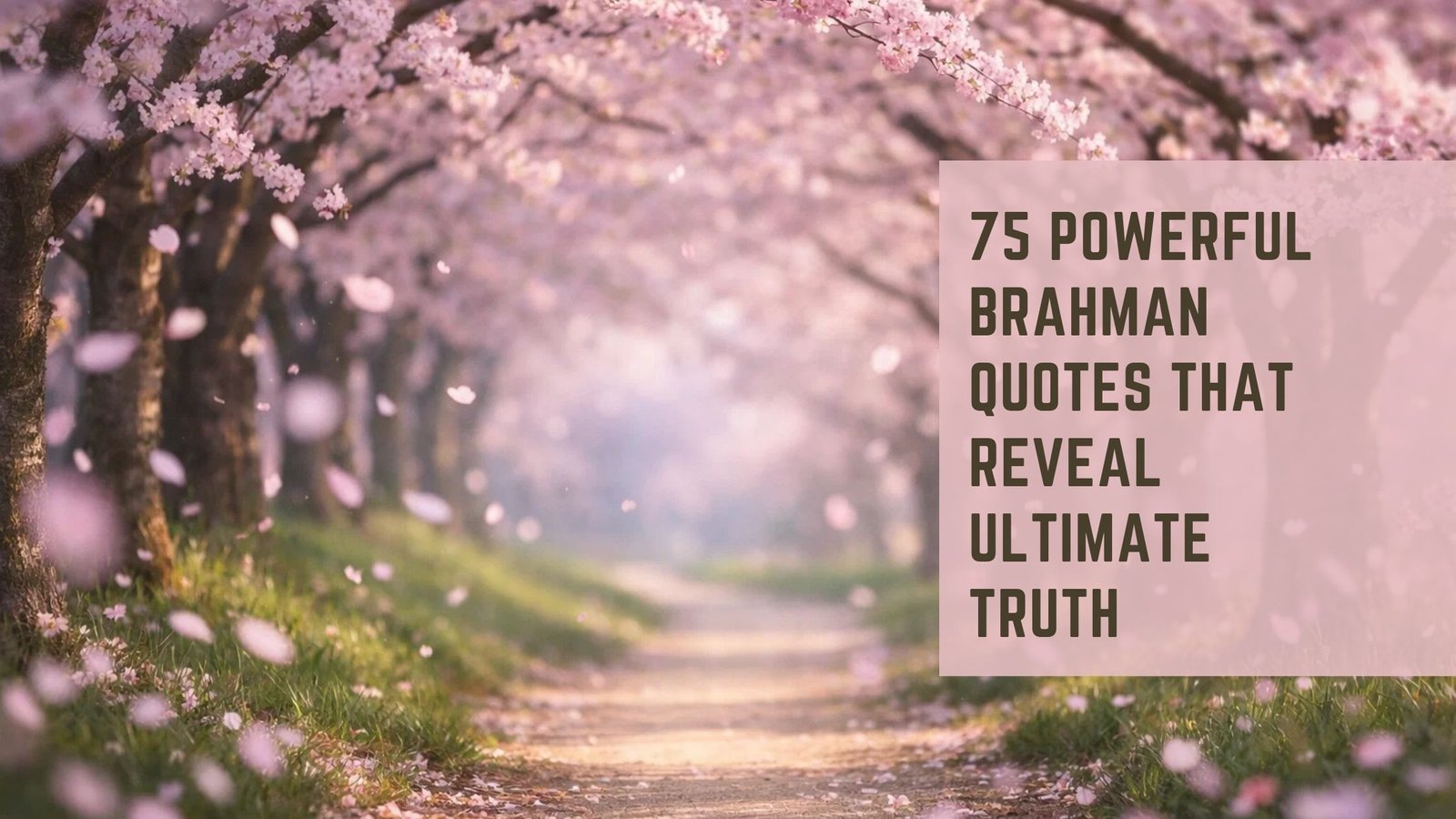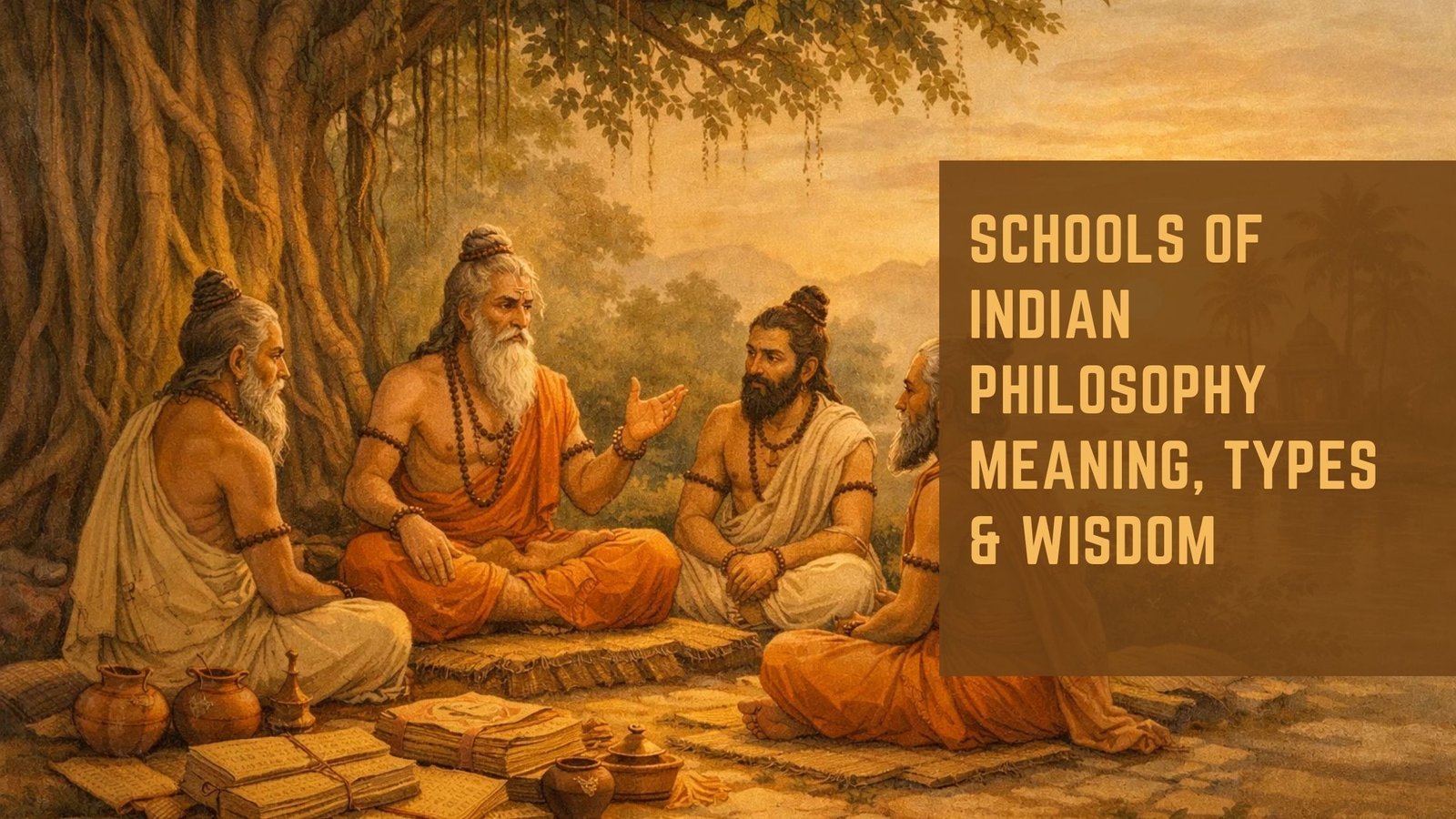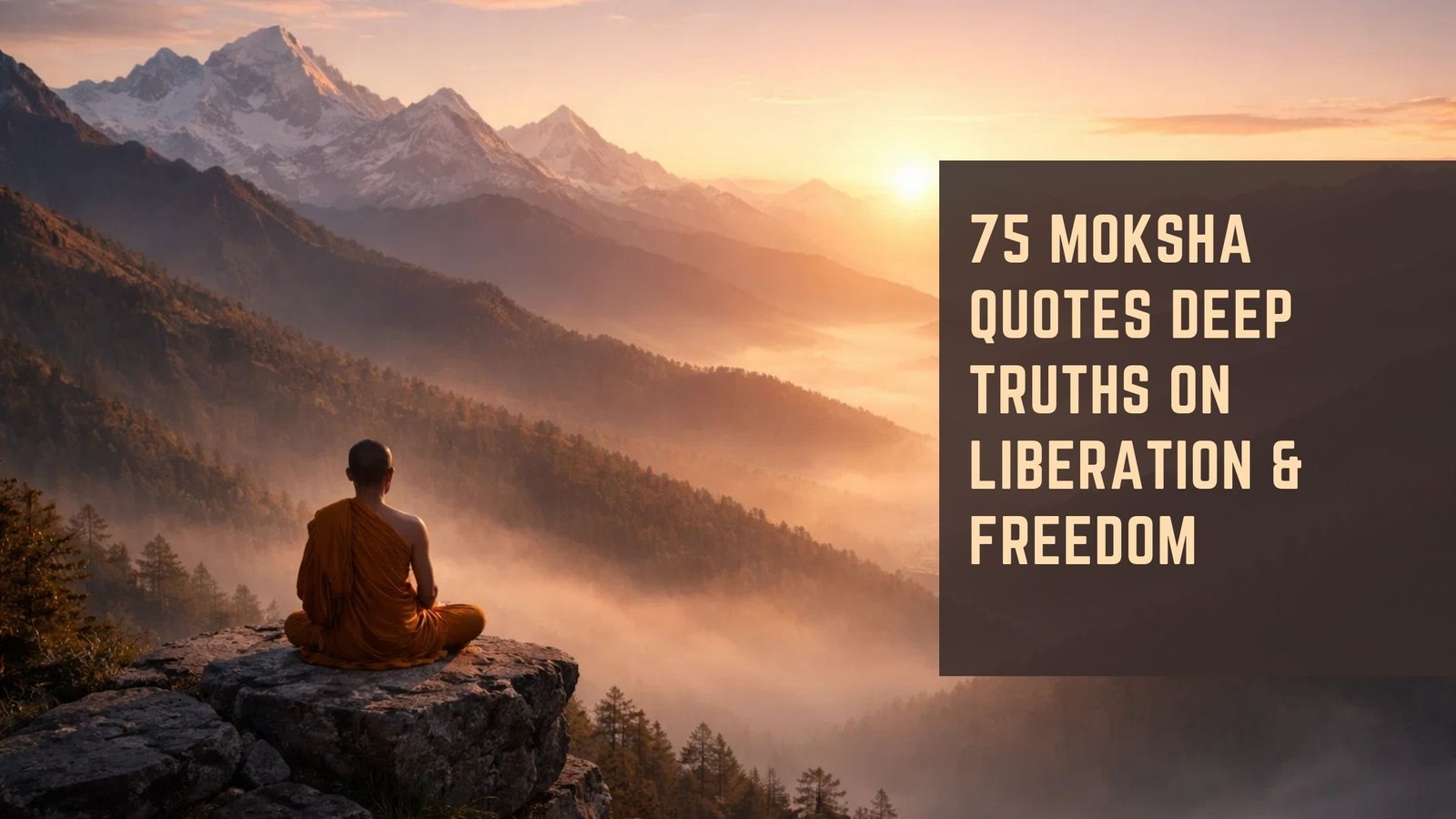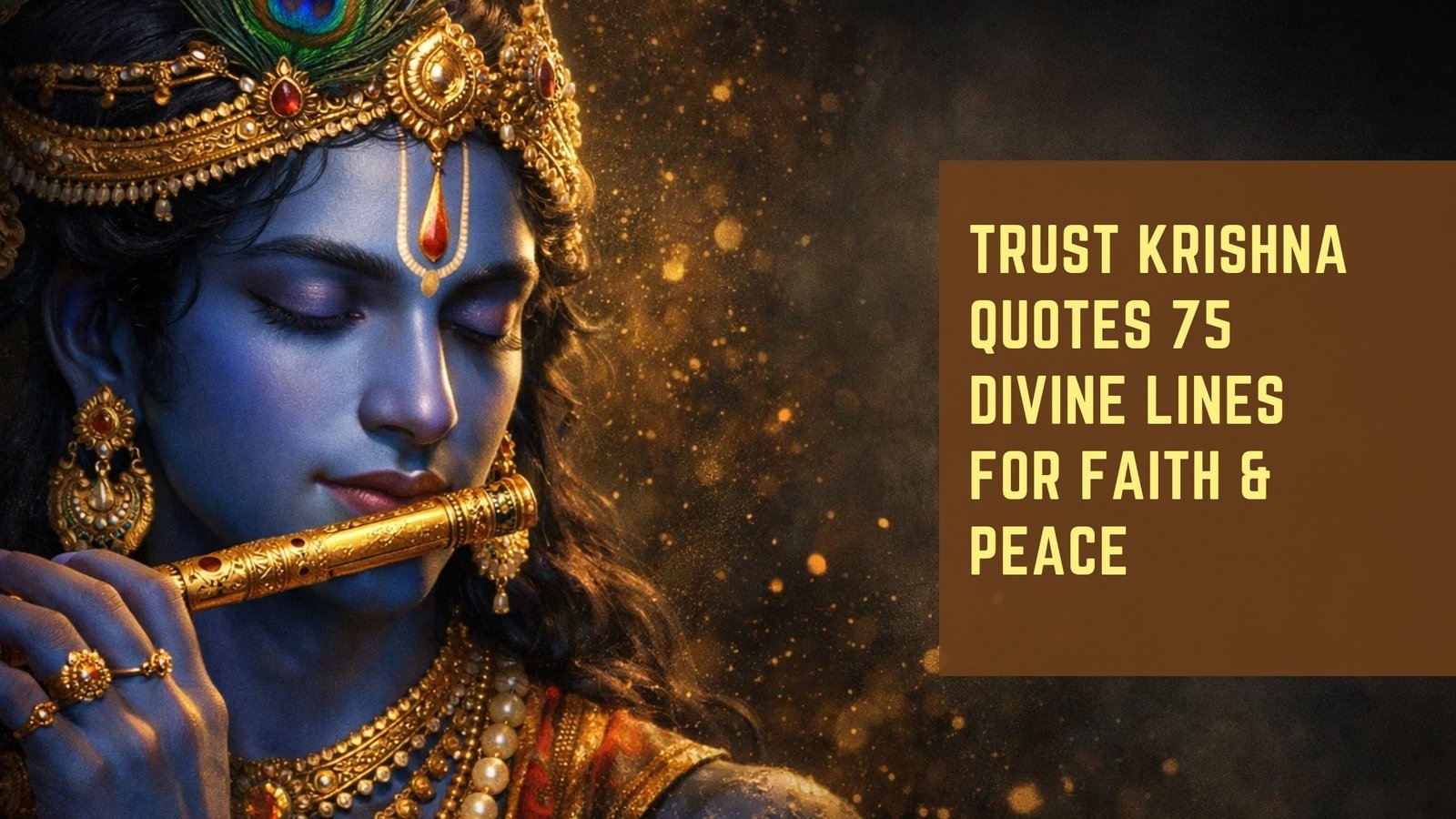Who Were the Kauravas and Why Do They Still Matter Today?
Every epic has its villains—but the Kauravas, the 100 sons of King Dhritarashtra, were much more than that. In the Indian epic Mahabharata, they represent ego, jealousy, and blind ambition. Their rivalry with the Pandavas didn’t just cause a war—it created timeless lessons in human behavior, ethics, and leadership.
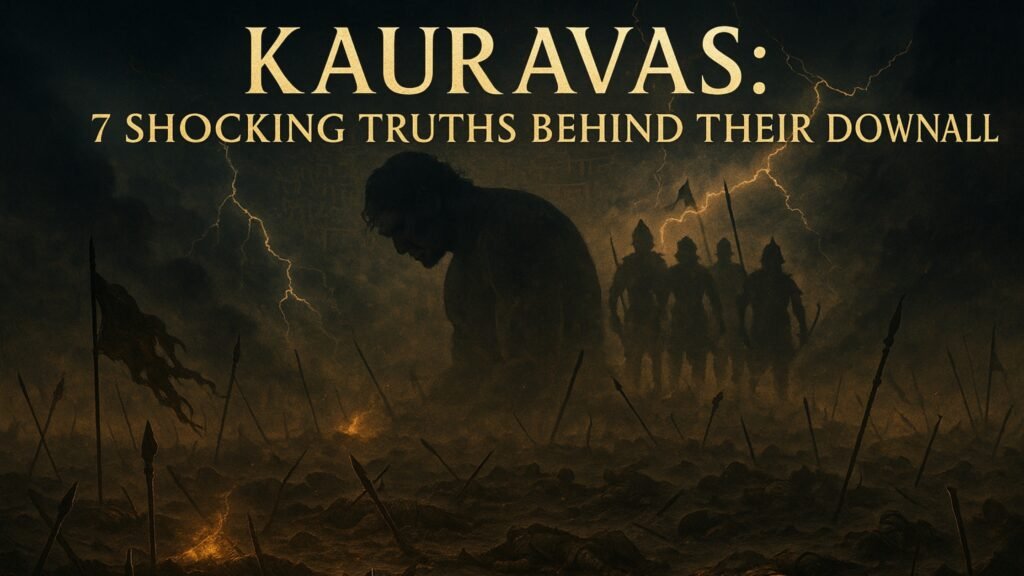
Why should you care today? Because the story of the Sons of Dhritarashtra mirrors the struggles many face even in modern life—family conflicts, power battles, moral choices, and loyalty tested in adversity.
In this post, you’ll uncover shocking truths about the Kauravas, their father, their fate, and the deep wisdom they left behind—wisdom still relevant today.
Table of Contents
Kauravas: The Sons of a Blind King and a Blinded Ambition
The Kauravas were the 100 sons of King Dhritarashtra and Queen Gandhari. Their origin was unusual. After two years of pregnancy, Gandhari delivered a lump of flesh, which was divided into 100 parts and placed in jars by sage Vyasa. These eventually developed into 100 brothers and one sister.
Quick Facts Table: Kauravas at a Glance
| Detail | Information |
|---|---|
| Total Siblings | 100 brothers, 1 sister (Dushala) |
| Father | King Dhritarashtra |
| Mother | Queen Gandhari |
| Eldest Kaurava | Duryodhana |
| Epic of Appearance | Mahabharata |
| Kingdom | Hastinapura |
| Major War Involved | Kurukshetra War |
The Kauravas’ father, King Dhritarashtra, was blind from birth. His inability to see also symbolized his failure to make fair judgments. He consistently supported his sons—even when they clearly strayed from righteousness.
7 Shocking Truths About the Kauravas
1. They Were Not Born in a Natural Way
Sage Vyasa had to divide Gandhari’s flesh into 101 pieces to give birth to the Kauravas and their sister. This unnatural birth is often seen as a metaphor for the unnatural mindset that led to their downfall.
2. Their Father’s Blind Love Was Their First Curse
The Kauravas’ father, Dhritarashtra, was so attached to his sons that he ignored their wrongdoings. His silence in the face of Duryodhana’s arrogance gave them the power to commit unforgivable acts—like the humiliation of Draupadi.
“A parent who fails to correct a child’s mistakes becomes the silent architect of their destruction.” – Spiritual Teacher, Haridas Ji
3. Shakuni Was Their Real Puppet Master
Shakuni, Gandhari’s brother, manipulated the Kuru princes—especially Duryodhana—into jealousy and war. He fed the flames of ego, ensuring the conflict between the Pandavas and Kauravas reached its worst.
4. They Had Great Warriors But No Dharma
Despite having mighty warriors like Duryodhana, Dushasana, and Vikarna, the Kauravas lacked the moral compass that guided the Pandavas. They had strength but not the wisdom to use it.
Expert Insight:
“Power without dharma is like a sword without a handle—deadly even to the wielder.” – Prof. Ramesh Bhargava, Indology Expert
5. Only Vikarna Tried to Stand for Truth
Among the 100, Vikarna questioned the humiliation of Draupadi and spoke up. But even he eventually fought for the Kauravas in the war and died, showing that half-hearted righteousness doesn’t win in the end.
6. Duryodhana’s Ego Overpowered His Intelligence
Duryodhana had many chances to avoid war. Lord Krishna himself tried to mediate peace. But his ego couldn’t tolerate the idea of sharing power with the Pandavas.
7. All 100 Brothers Died in the War
Not one of the them survived the Kurukshetra war. Their complete annihilation is one of the starkest warnings in scripture against walking the path of adharma.
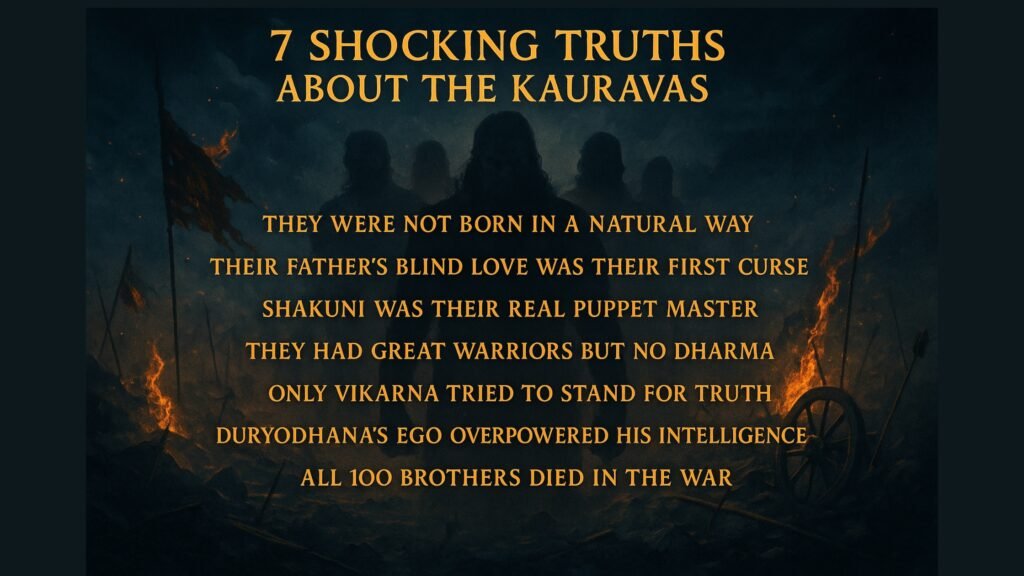
Lessons from the Kuru princes for Modern Life
The downfall of the Kaurava brothers isn’t just a story—it’s a guidebook on what not to do in life, leadership, and relationships.
1. Avoid Jealousy at All Costs
Jealousy, as shown by Duryodhana, can destroy even the most powerful families.
2. Never Let Ego Replace Wisdom
Duryodhana’s refusal to compromise destroyed his kingdom.
3. Surround Yourself with the Right Counsel
The Kauravas’ father, Dhritarashtra, often ignored wise advice from Vidura and Bhishma.
4. Speak Up Against Injustice
Silence, like that of Dhritarashtra and Bhishma during Draupadi’s disrobing, becomes complicity.
Quote:
“Neutrality in the face of injustice favors the oppressor.” – Martin Luther King Jr.
Real-Life Parallel: Family Business Destroyed by Ego
A well-known family business in Delhi split in two due to jealousy between brothers. Instead of cooperating, they tried to outcompete each other with lawsuits, undercutting, and sabotage. Today, both businesses are nearly bankrupt.
Moral? When families act like the Sons of Dhritarashtra, everyone loses.
Top 5 Related Subtopics for Further Reading
- Pandavas vs. Kauravas: The Complete Comparison
- Role of Dhritarashtra: The Silent Enabler
- Kurukshetra War: Timeline and Consequences
- Duryodhana’s Psychological Profile
- Bhagavad Gita: Wisdom Born from War
Frequently Asked Questions (FAQs)
Q1. Who were the Kauravas?
The Kuru princes were the 100 sons of King Dhritarashtra and Queen Gandhari in the Mahabharata. They opposed the Pandavas and triggered the Kurukshetra War.
Q2. Why did the Kaurava brothers hate the Pandavas?
They were jealous of the Pandavas’ popularity, strength, and moral superiority. Duryodhana felt threatened by their rightful claim to the throne.
Q3. What was the role of the Kuru princes’ father in their downfall?
The Kauravas’ father, King Dhritarashtra, failed to correct his sons’ wrongdoings and supported them blindly. His silence and partiality contributed to their destruction.
Q4. Did all the Kauravas die in the war?
Yes, all 100 brothers died in the Kurukshetra War, symbolizing the total loss that comes with standing against Dharma.
Q5. Were the Kauravas completely evil?
Not all were evil. For instance, Vikarna spoke against Draupadi’s insult. But their collective actions aligned with adharma, leading to their ruin.
Conclusion: Kauravas—A Timeless Warning
The Kuru princes didn’t just lose a war—they lost their legacy, their family, and their name in history. Their story teaches us that strength without righteousness is dangerous, and loyalty without ethics is destructive.
Their father’s failure to discipline them, their own unchecked egos, and their refusal to follow the path of Dharma brought doom. Let this tale remind us to look within, choose our advisors wisely, and never let jealousy guide our actions.
If you found this post insightful, explore more timeless wisdom on TheGita.in and rediscover the spiritual truths that shape every era.
Dive deeper into the Essence of the Gita – where ancient teachings meet modern life lessons. Let the voice of dharma guide your journey.
